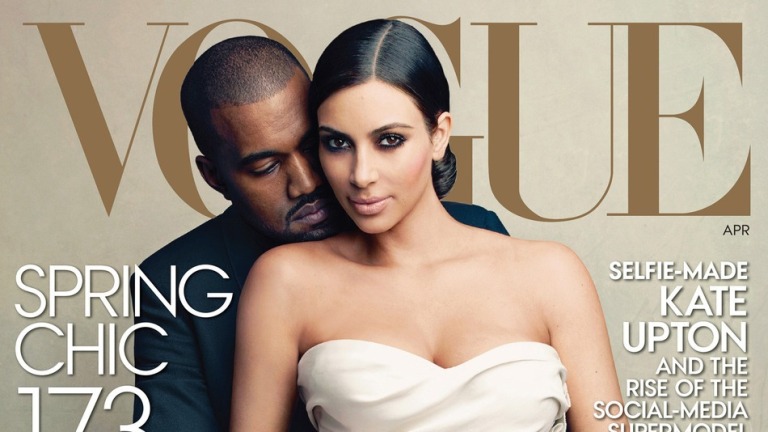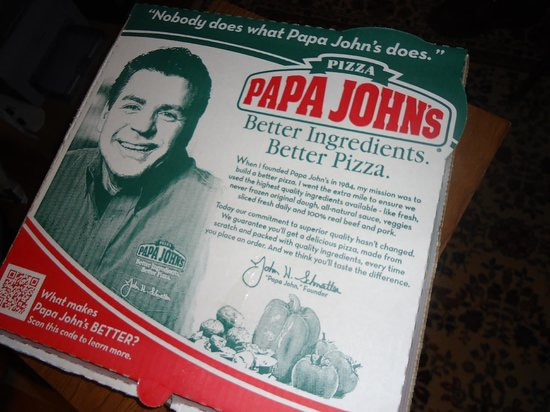
Mozilla’s CEO has stepped down after becoming a topic of hot debate – debate all companies can learn from. The facts:
- Mozilla’s stated mission is “to promote openness, innovation and opportunity on the Web.” The company is the world’s leading provider of free and open-source software, including one of the top Internet browsers and a widely praised email client with an extensive array of privacy add-ons.
- Mozilla’s audience includes a large swath of well-educated and tech-savvy users. It also has the support of the Electronic Frontier Foundation, the Internet’s most vocal and well-funded proponent of free speech online.
- In 2014 Mozilla appointed a CEO who is the creator of the JavaScript scripting language and a cofounder of Mozilla. But they also knew that he is an opponent of gay marriage— a record of his 2008 contribution to an anti-gay marriage bill in California is publicly available.
What were Mozilla’s mistakes?
Mozilla failed to recognize that as a company that is considered a leading proponent of online freedom, appointing a leader with such a personal view could be widely viewed as an inappropriate representation of their culture.
They didn’t forsee how they could become a topic of discussion by a public that becomes vocal online when they believe an inequitable or inappropriate decision has been made by a company in a leadership position. Mozilla also didn’t envision how the issue might be embraced by activists who could ignite or fuel the fire.
Mozilla Has Plenty of Company
Many companies have found themselves in similar positions when they don’t consider and prepare for reactions to their decisions. That includes recognizing the growing role online discussion has taken in influencing whether such decisions will succeed. Such examples include:
- Advertising firms that produce multimillion-dollar campaigns without researching the social media platform of the celebrity that was hired as the spokesperson…realizing only after launch that content published in his or her tweets are incompatible with their client’s brand.
- Major government organizations that appoint a business leader to a prominent role, and have to backtrack when the public finds the match inappropriate because of the executive’s views. (Or vice-versa.)
- CEOs that are chastised by consumers and employees who find their public treatment of staff inappropriate (and launch a viral campaign to say so).
- Celebrities who don’t understand how their behavior alienates their audiences.
In a Multi-Cultural World, Everyone Has a Point of View
There are companies that would find an anti-gay marriage viewpoint reflective of their culture and that of their customers. Certainly many Mozilla contributors and users support that view: it has an enormous, international audience with differing cultural, gender and religious beliefs.
But Mozilla has received significant support from the progressive community. Such advocates can quickly turn into detractors when an organization makes a decision that appears to conflict with its principles.
Mozilla has responded quickly and transparently to this controversy. The Mozilla Blog published this FAQ which was preceded by this statement about their CEO’s departure.
Online Reputation Management Still an Area of Trial and Error
Online reputation management is still an area of trial and error for most everyone. When a mistake is made, the public generally remains open minded if a company addresses that mistake, allowing it the opportunity to move forward on an improved path of awareness.
Nonetheless, issues are better handled proactively than reactively. Organizations and their boards should consider the following when deliberating on high-level hires and major or potentially controversial decisions:
- Conduct an online audit of the topic to weigh public and private views, strengths and weaknesses.
Such due diligence is not about ferreting out what is right or wrong, but whether the decision is appropriate for the culture of the organization in the Internet era.










